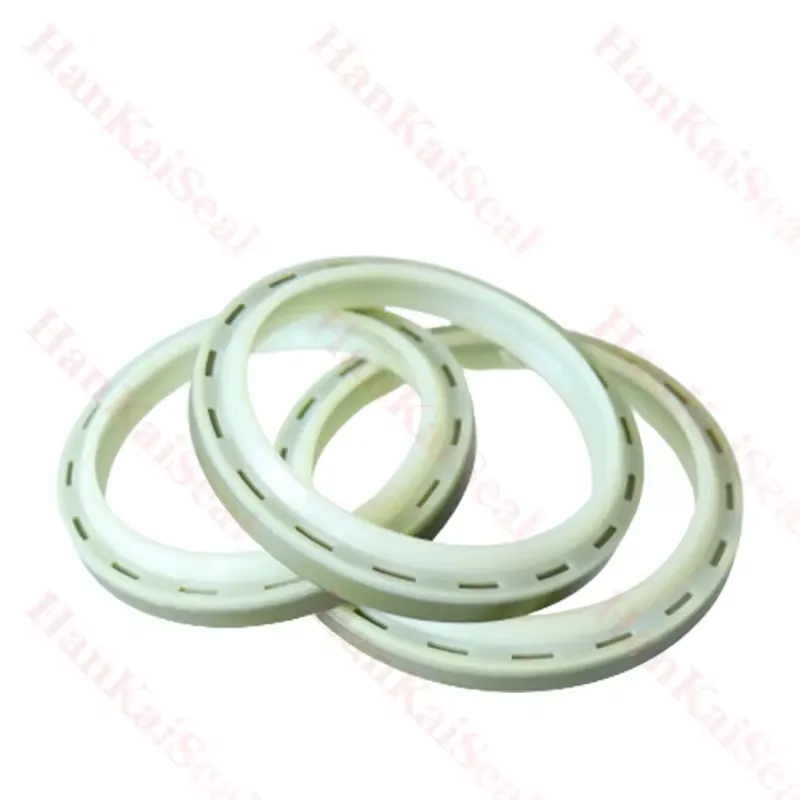Nov . 19, 2024 14:11 Back to list
Understanding the Role and Purpose of Oil Seals in Machinery and Equipment
The Function of Oil Seals An Essential Component in Machinery
Oil seals, also known as rotary shaft seals or oil seals, play a crucial role in various mechanical systems. These components are designed to prevent the leakage of lubricating oils and other fluids, while also keeping contaminants out of the machinery. Their primary function is to maintain the efficiency and longevity of engines, gearboxes, pumps, and other equipment.
One of the main functions of oil seals is to prevent lubrication loss. In any machine that operates with moving parts, lubrication is essential to reduce friction and wear. If the lubricant leaks out due to inadequate sealing, it can lead to increased wear on components, overheating, and eventual mechanical failure. Oil seals create a barrier that keeps lubricants in and ensures that the moving parts function smoothly.
The Function of Oil Seals An Essential Component in Machinery
The design and construction of oil seals are tailored to meet specific operational requirements. They can be made from various materials, including rubber, silicone, and polymer compounds, depending on the temperature, pressure, and type of fluid they will be sealing. The lip of the seal, which makes contact with the rotating shaft, is engineered to create a tight fit while accommodating the shaft's movement. This precise engineering is vital for the seal’s effectiveness and durability.
what is the function of oil seal

Another important aspect of oil seals is their ability to withstand a range of environmental conditions. For instance, in automotive applications, oil seals may be exposed to extreme temperatures, varying pressures, and aggressive fluids. Therefore, selecting the appropriate oil seal for a specific application is essential to ensure reliable performance under these challenging conditions.
In addition to their protective qualities, oil seals contribute to the overall efficiency of machinery. By minimizing friction and ensuring optimal lubrication, they help maintain energy efficiency, which can be critical in power-intensive applications. The reduced friction not only preserves the integrity of the components but also helps in lowering fuel or energy consumption, making machinery more cost-effective to operate.
Oil seals also play a vital role in various industries, including automotive, aerospace, manufacturing, and marine applications. Their versatility and essential function make them indispensable components in numerous systems. Ensuring proper installation and maintenance of oil seals is crucial to achieving maximum performance and reliability.
In conclusion, oil seals serve a fundamental purpose in machinery by preventing leakage, protecting against contamination, and enhancing operational efficiency. Their importance cannot be overstated, as they are integral to the optimal functioning and longevity of various mechanical systems. By investing in high-quality oil seals and adhering to regular maintenance practices, businesses can significantly reduce downtime and repair costs, leading to safer and more efficient operations.
-
TCN Oil Seal Metal Ring Reinforcement for Heavy Machinery
NewsJul.25,2025
-
Rotary Lip Seal Spring-Loaded Design for High-Speed Applications
NewsJul.25,2025
-
Hydraulic Cylinder Seals Polyurethane Material for High-Impact Jobs
NewsJul.25,2025
-
High Pressure Oil Seal Polyurethane Coating Wear Resistance
NewsJul.25,2025
-
Dust Proof Seal Double Lip Design for Construction Equipment
NewsJul.25,2025
-
Hub Seal Polyurethane Wear Resistance in Agricultural Vehicles
NewsJul.25,2025
-
The Trans-formative Journey of Wheel Hub Oil Seals
NewsJun.06,2025
Products categories
















